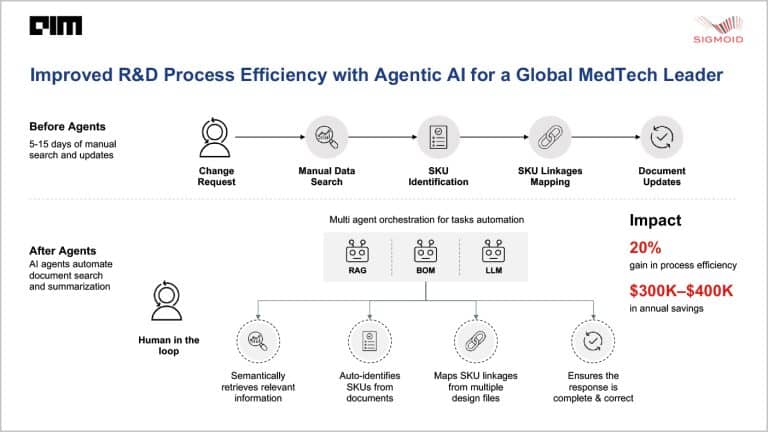Saudi Regulator Accepts FAA Approval for Joby eVTOL, Eases Market Entry
Saudi aviation authorities will accept Federal Aviation Administration approval for Joby Aviation's electric vertical takeoff and landing aircraft, a move that could speed commercial operations in the kingdom and lower certification costs. The decision arrives amid wider industry pressure on regulators to harmonize standards, sharpen compliance, and fund infrastructure while balancing transparency and privacy concerns.
Listen to Article
Click play to generate audio

Saudi regulators notifying stakeholders that they will accept FAA approval for Joby Aviation's eVTOL marks a significant step toward faster entry of urban air mobility into the Middle East. By relying on the FAA's certification findings, Saudi authorities remove a major regulatory hurdle that would otherwise require duplicative testing and parallel review. For manufacturers and operators this can translate into lower upfront regulatory costs, a shortened time to market, and clearer investment signals for infrastructure and service providers.
The move comes at a moment of accelerating regulatory convergence and growing compliance obligations across business aviation. The Corporate Aviation Leadership Summit convened industry leaders to address a raft of changes, from a recent FAA ruling that defines what constitutes a based aircraft after a general aviation ban exemption, to broader international security rules. Delegates highlighted that fifty countries now require advance passenger data for business aviation flights, an expansion of screening that raises operational complexity for charter operators and fractional providers.
Those compliance demands are prompting a strategic shift among business aviation operators. Rather than reactive ethics and ad hoc paperwork, operators must move toward proactive compliance systems that integrate passenger data collection, screening and reporting into booking and flight operations. The cumulative administrative burden will affect margins, particularly for smaller operators, and could push consolidation in parts of the sector where scale reduces per flight compliance costs.
Regulatory reform of aircraft registries also featured prominently at the summit and has provoked debate. Recent proposals to increase registry transparency are intended to combat illicit finance and improve safety oversight, but they also raise privacy concerns for legitimate owners and passengers. Experts and industry representatives emphasized the need to strike a balance, ensuring sufficient transparency to deter misuse while protecting commercially sensitive information and personal privacy.
Panelists also warned of specific market distortions that can undermine safety and fairness. Illegal jet seat selling, where operators circumvent rules by selling seats in unregulated ways, risks both safety lapses and unfair competition against compliant firms. The summit urged unity across legal operators to uphold standards and to present a coordinated case to policymakers for resources and consistent international rules.
Calls for legislative action were directed at Congress and national governments to fund air traffic infrastructure, oversight capacity and the modernization needed for eVTOL integration. Industry leaders argued that regulatory acceptance, exemplified by Saudi recognition of FAA approval, must be matched by investments in vertiport networks, air traffic management upgrades and enforcement capabilities.
The convergence around FAA approvals signals a longer term trend toward mutual recognition that could lower costs and speed technology diffusion globally. That trend brings both opportunities and risks. If paired with thoughtful funding, rigorous safety oversight and privacy protections, it could accelerate new services with economic and mobility benefits. If left uncoordinated, the shift risks uneven enforcement, privacy erosion and competitive imbalances that may ultimately slow sustainable growth in business aviation and urban air mobility.

%2FGettyImages-496030068-29ec863cca36413ab111277d250fe964.jpg&w=1920&q=75)
